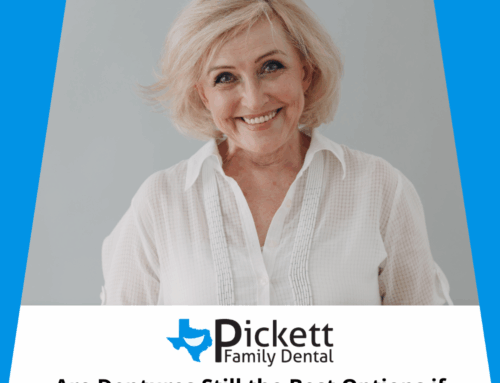
If you’ve ever dozed off at the wheel, it can be a terrifying experience. But what causes people to fall asleep while driving? It could be the monotony of highway driving or long travel times, but there’s something else that could be to blame: obstructive sleep apnea.
It’s estimated that millions of Americans are living with undiagnosed and unmanaged obstructive sleep apnea, a condition marked by repeated blockages of the airway during sleep.
These “episodes” can happen dozens of times a night and often result in excessive snoring or the sleeper jolting awake, gasping for air.
Sleep apnea also results in a lack of quality sleep, which has been linked to an increased risk of workplace-related and traffic-related accidents. In fact, a spokesman for the National Transportation Safety Board recently said that sleep apnea has been linked to 10 highway and rail accidents since 2000 — and that only accounts for cases investigated by the NTSB involving professional vehicle operators.
So, how can we ensure greater safety for ourselves, our loved ones, and all our fellow travelers? If you’ve experienced excessive snoring or feel abnormally drowsy throughout the day, get tested for sleep apnea.
At Pickett Family Dental, we can help you connect with a sleep specialist for an accurate diagnosis. Then, we can create a custom dental device to comfortably alleviate sleep apnea symptoms so you can finally get a good night’s rest.
Read on for more information about obstructive sleep apnea. Then, call our Keller, TX office at 817-431-5514.
What Are The Symptoms Of Obstructive Sleep Apnea?
Sleep apnea is a common but potentially dangerous sleep disorder that often goes undetected. Some symptoms include:
- Excessive snoring that wakes you or your partner
- Frequently waking up with a dry or sore throat
- Irritability, fogginess, or lack of energy during the day
- Sleepiness while driving, watching TV, or attending business meetings
- Morning headaches
- Waking up feeling as if you’re choking or gasping for air
Obstructive sleep apnea often affects people who are male, overweight, 40 or older, or have a genetic predisposition to the condition. But it’s important to note that sleep apnea has been seen in both males and females, as well as people of all sizes and ages.
Aside from being linked to an increased likelihood of injurious accidents, sleep apnea has also been linked to serious health complications, such as high blood pressure and stroke.
That’s because when you experience a sleep apnea episode, you stop breathing momentarily and your oxygen levels drop. When this happens repeatedly, your body releases adrenaline, which leads to high blood pressure.
How Is Obstructive Sleep Apnea Treated?
Traditionally, sleep apnea has been treated with a continuous positive airway pressure (or CPAP) device. It consists of a mask, which connects to a machine that periodically pushes air into the nasal passage. This keeps the airway open, preventing blockages.
CPAP machines are effective when used properly, but many people find that sleeping in a mask is uncomfortable and inconvenient. In fact, one study found that only half of sleep apnea patients used their CPAP devices properly after six months!
That’s why we’re proud to treat obstructive sleep apnea with a simple dental device! It’s a less invasive way to effectively alleviate sleep apnea symptoms. The oral appliance resembles an athletic mouthguard, which you’ll simply insert right before bedtime. That’s it!
The oral appliance slightly repositions your jaw to better keep your airway open at night. You’ll sleep comfortably and soundly, and you’ll wake up the next morning feeling refreshed and ready to conquer your day.
You may also optimize the effectiveness of your dental device by making lifestyle changes, such as eating more nutritious meals and getting adequate exercise.
How Is Sleep Apnea Diagnosed?
Getting an accurate diagnosis is the first step toward a better night’s sleep. Under the supervision of a sleep specialist, you’ll undergo a sleep test that will collect data about your breathing patterns and vital signs during sleep.
Depending on the sleep specialist you see, this may require you to go to a sleep lab. Sometimes, however, these tests can be completed in the privacy of your own home. After the testing is complete, the sleep specialist will use that data to provide a diagnosis.
Get The Rest You Deserve!
Without quality sleep, the most mundane everyday tasks can seem monumental. At Pickett Family Dental, we want to help you improve your overall health by getting the good night’s rest you deserve! Give us a call today at 817-431-5514 to get started. You can also use our convenient online form to request an appointment.



